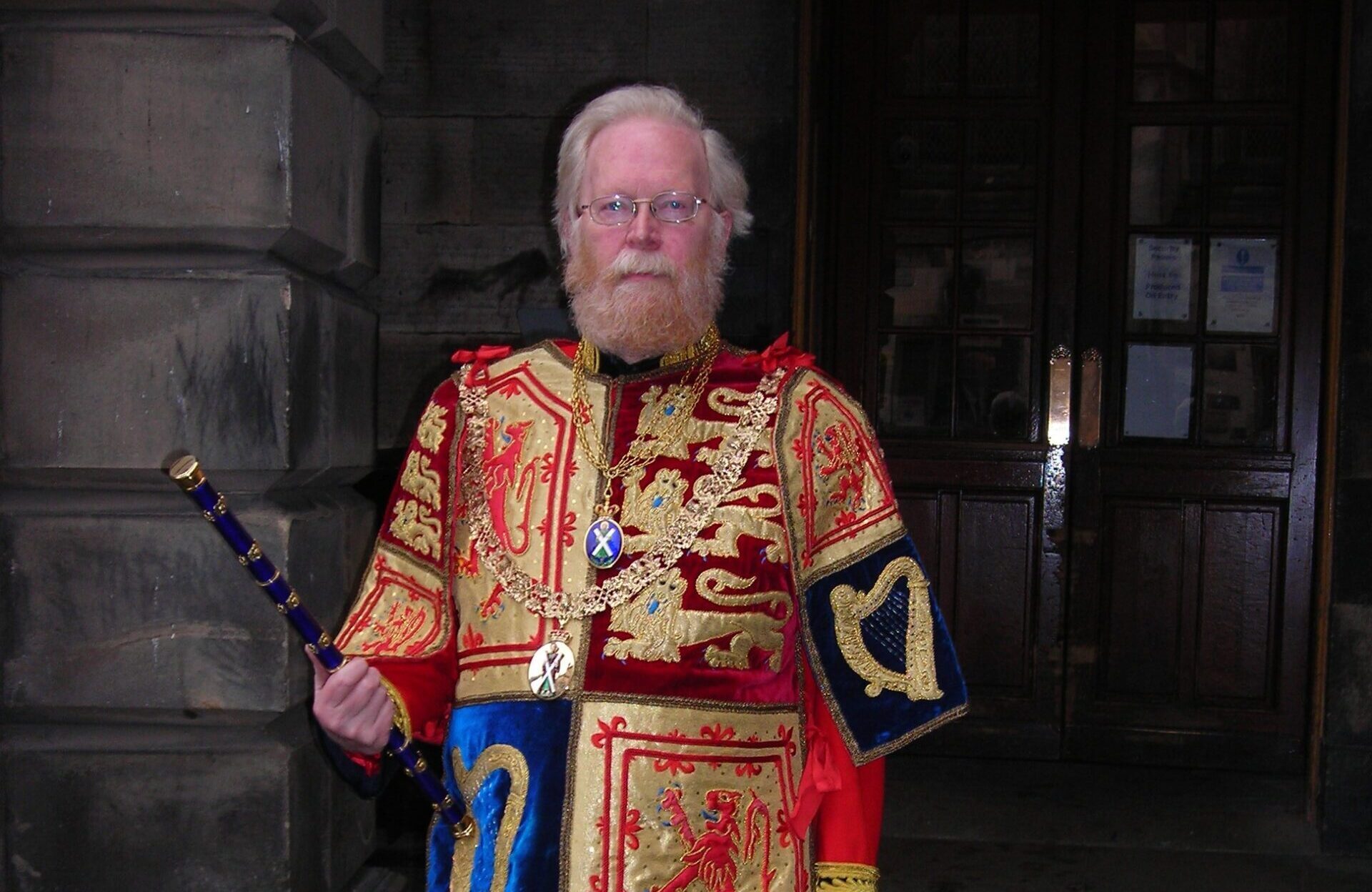by John MacLeod, Senior Lecturer in Private Law at the University of Edinburgh.
The UK Supreme Court’s decision in Fearn v Board of Trustees of the Tate Gallery [2023] UKSC 4, [2023] 2 WLR 339 generated an unusual degree of interest for a private law decision with reports and commentary in a number of newspapers (helpfully collated here). Much of this is no doubt due to the Tate being such a well-known institution but the case also represents an interesting development in the law of nuisance.
The claimants were the leaseholders of flats in London directly opposite the viewing gallery at the top of the Blavatnik Building, which is part of the Tate Modern. The flats had floor-to-ceiling windows. This meant that the viewing gallery’s visitors (who numbered several hundred thousand per year) had a direct view into the claimants’ flats. It can readily be imagined that this was undesirable for the claimants but there was considerable doubt about whether they had any remedy of in the law of nuisance.
Doubts focused on two questions: 1) whether “overlooking” can, as a matter of principle, ever amount to a nuisance and 2) how courts should approach the question of determining whether a given interference in a particular case.
Leave a Comment


